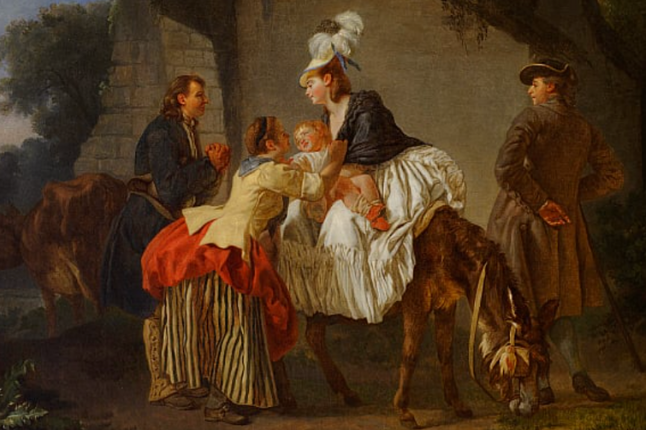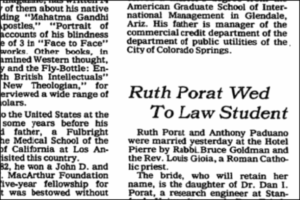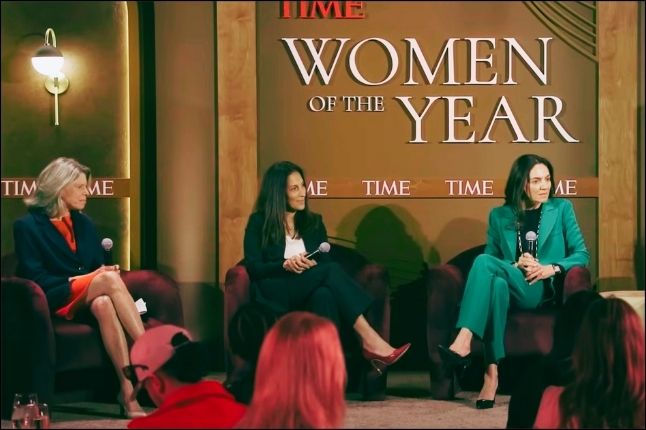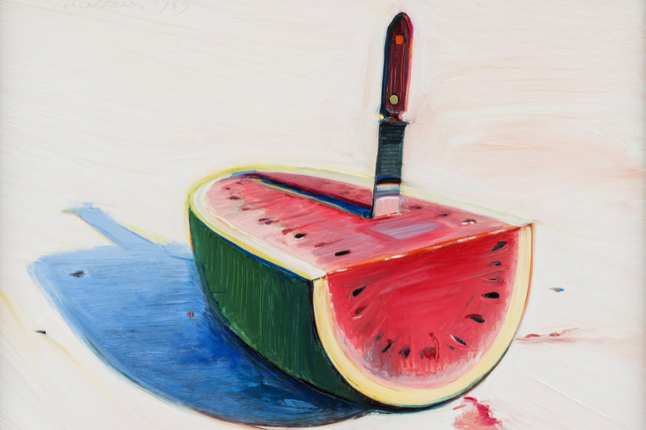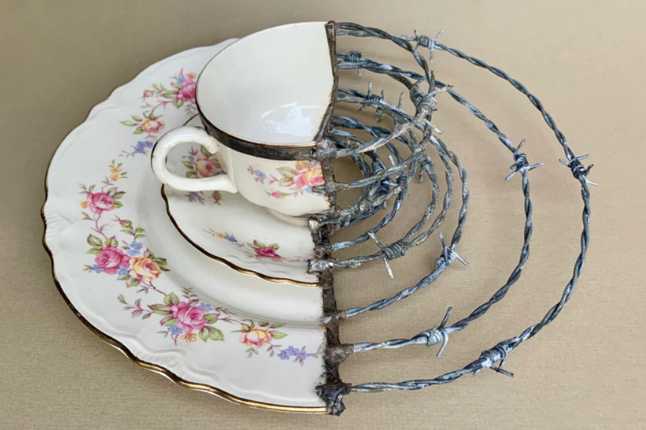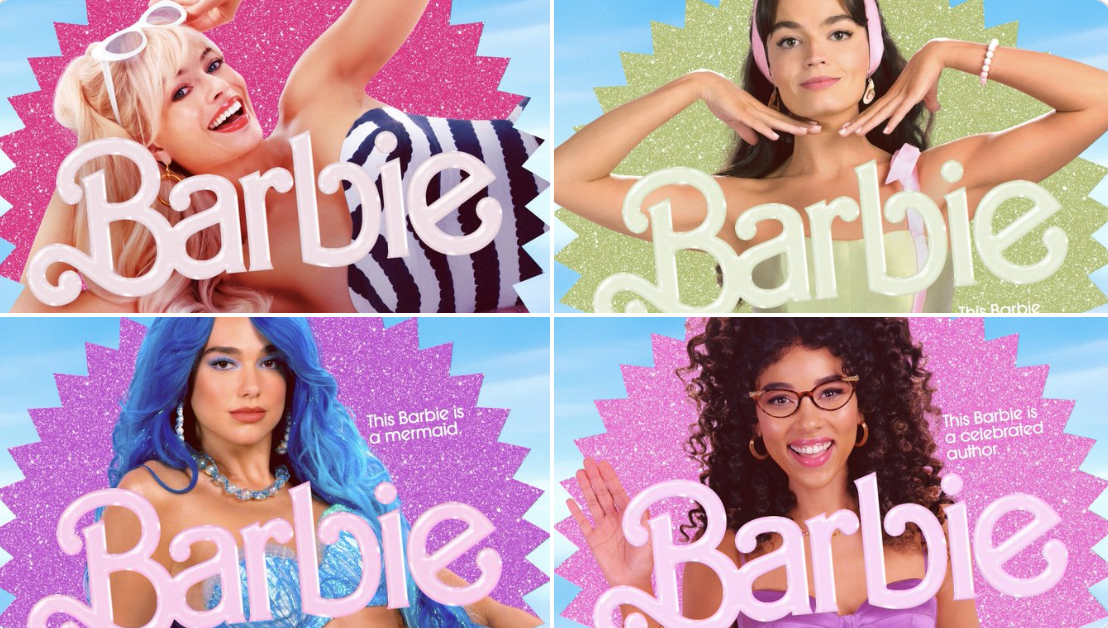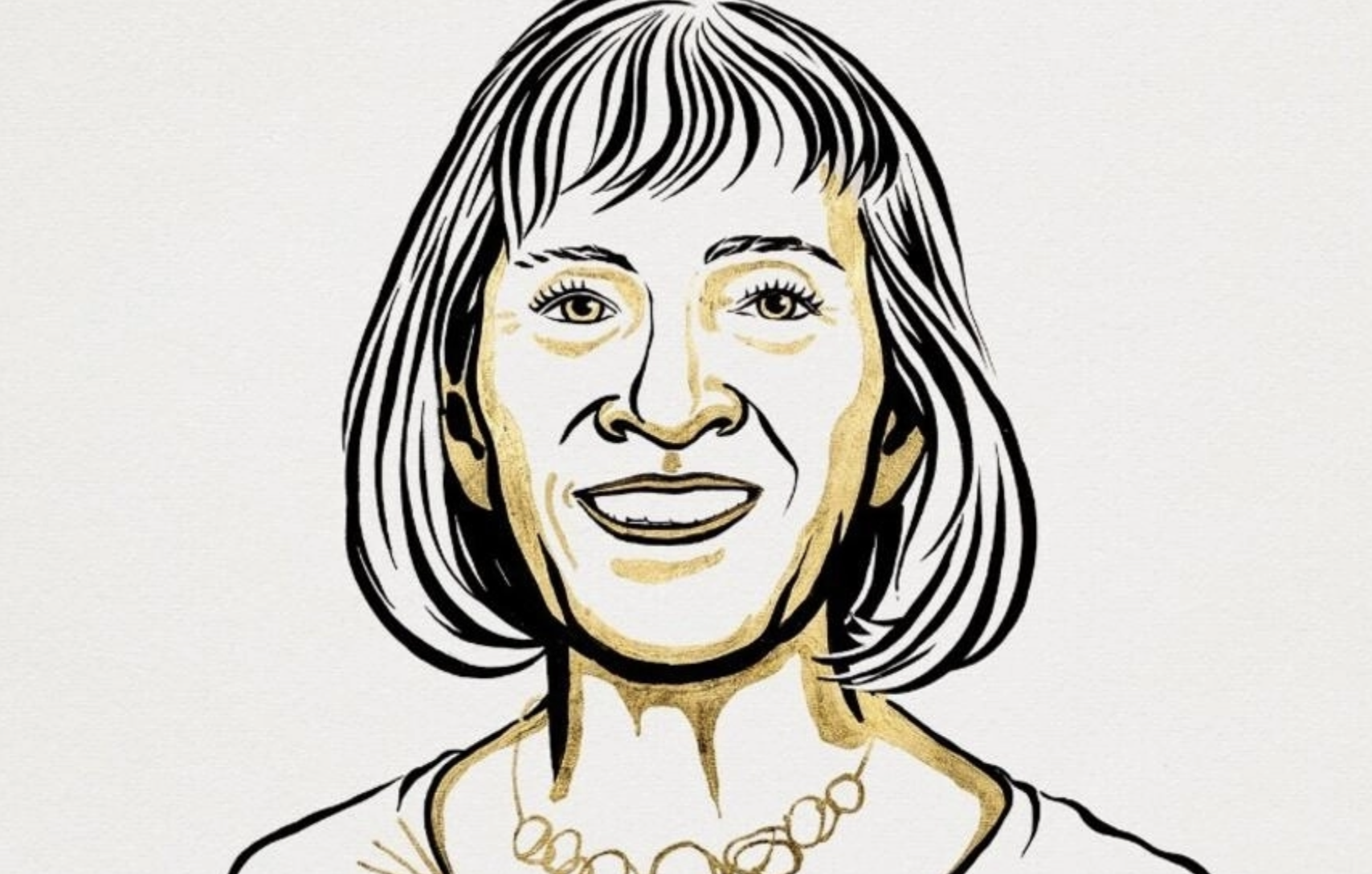
After 20 years of blogging, learning to do academic research was a steep learning curve. People told me to ask for help from professors at Harvard because they’d feel obligated to help me because I’m at Harvard as well. In fact most did not even feel obligated to reply to my email. But Claudia replied.
She told me what I was asking for was best accomplished with an econometrics grad student and gave me some ideas. So basically I asked a professor who was six months away from winning the Nobel Prize in economics if she wanted to be my grad student.
But really, now we know how much Claudia Goldin helped people throughout her career.
Is there an equation for how many times I’ve cited Claudia Goldin’s research on my blog to determine how brilliant I am about women in the workforce? When I called Melissa to tell her Claudia won the Nobel Prize Melissa immediate recognized the name as the one she cuts when she edits because I drop Claudia into every post I write.
I think my blog is like a Claudia Goldin book club. Each week we read blog posts that are in some way about her research. Sometimes we talk about policy. Sometimes we make it all about us. Sometimes we’d read a bit of her book, or read a nod to her research at Jezebel . But Claudia’s been with us the whole time
When I first started reading her, I wrote about The End of the Glass Ceiling. In 2005. People thought I was nuts, but I was hooked. I trusted Claudia’s research. The same year I cited her when I wrote you can’t get respect for work and for parenting, right after I had a baby. And it was Claudia’s research, in 2006, that made me realize most high-earning women quit after maternity leave and we should just own it.
Claudia would never tell people what to do. She’s not like that. But I am.
So I told you in 2013 don’t be the breadwinner. Because Claudia showed that if you have a stay-at-home husband you’re likely to get a divorce. In 2016 Claudia found that even paying professional women more than men could not get women to keep working after they had kids. So I ranted about don’t pay for an MBA or law school or medical school when you won’t even stay in the workforce long enough to pay back loans.
People always ask me, “How do you know that my job is stupid job if you don’t know what I do?”
And I say, “Because you told me that your husband works full time and makes a lot of money and you’re also the primary caretaker of the kids.”
That’s Claudia Goldin right there. She won a Nobel Prize for showing us that it’s impossible to have two parents doing “greedy jobs” — which is her term for jobs that are serious enough to earn the parent respect. Because if both people have greedy jobs then no one is parenting.
The other thing people say to me is, “I have a friend who has a great career and she’s a great parent.”
And I say, “No you don’t. She’s lying to you.”
I started calling out the liars. Claudia’s data gives me confidence to go one step further and say to women no, you are not an exception, stop posturing to other women. Stop pretending to be superhuman to make other women feel bad.
Let’s pause right there and let it sink in. Someone just won a Nobel Prize in economics for saying that you can either be a high performer in your career or a good parent but you can’t be both. This is revolutionary. It’s important because we have known since the 1960s that parents who can manage on one income should have one parent stay home.
So why does the second parent work if we have fifty years of research saying the second parent shouldn’t work? Emily Oster, an economist who writes about parenting, cites this study in her first book, Crib Sheet. In the book she writes that she knows the research and she doesn’t care, because parenting is not as interesting to her as work.
It takes a special person to go to work when everyone knows the family does not need the extra income. Goldin shows that the majority of women, even the very educated of those women, choose to drop out of the workforce because they know they can’t be a good mother and also be good at their job. Whatever good might mean to them, they know they can’t be good at both.
I say this as a parent who did everything wrong. I wanted to have a really interesting career and I wanted to be very involved with the kids. And there was no room for my marriage. I wanted to get everything. Be everything. And be respected for everything. And that’s probably why I’ve been entranced by Claudia Goldin for 20 years.
I see Claudia’s research as a celebration of humanity. She traces women’s rights from the 60s and 70s where almost 50% equity was achieved, through the 80s where women fought for a lot more. So by the time Generation X (my generation) got to the workforce we felt mostly equal.
Her research resonates with us because my generation didn’t want to fight. We wanted to raise our kids. All her data now validates us, because we lived counter to what the baby boomers were doing yet had no voice of our own. She discovered that the more power women have the less women want to work.
Claudia Goldin is so ahead of her time. She is so post-feminist. And her Nobel Prize is a celebration of what can happen when we are committed to elevating each other. And trusting the data.
